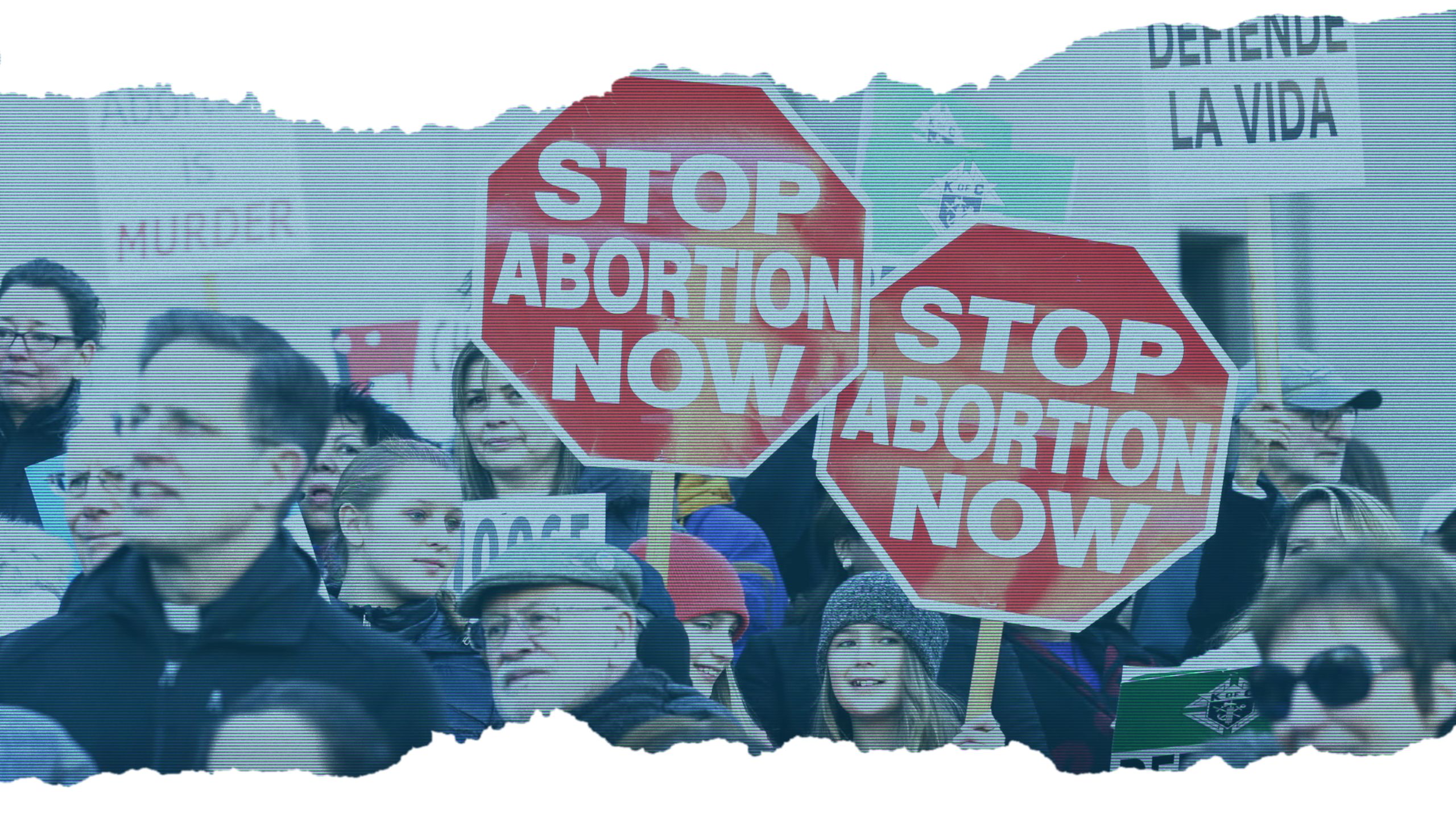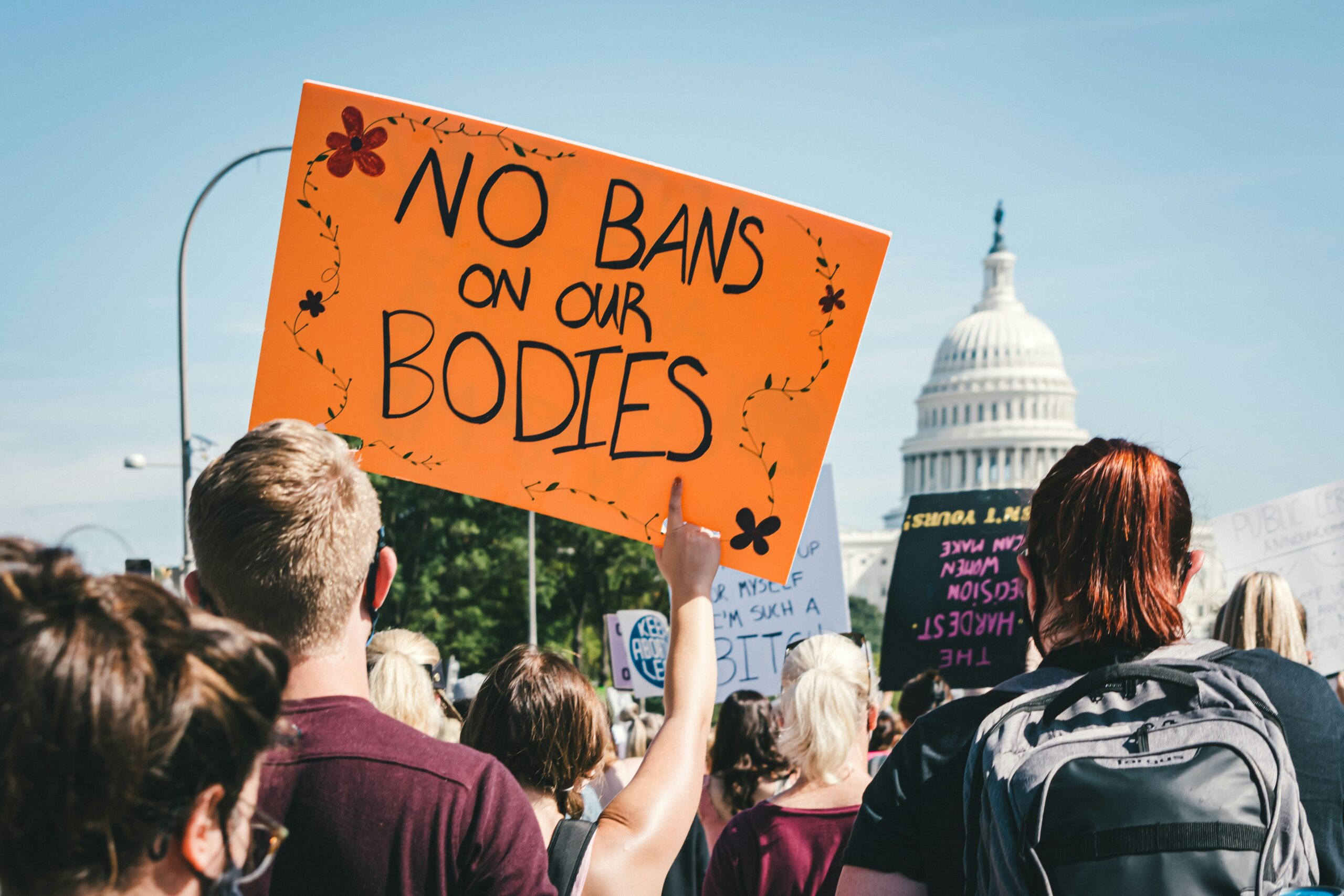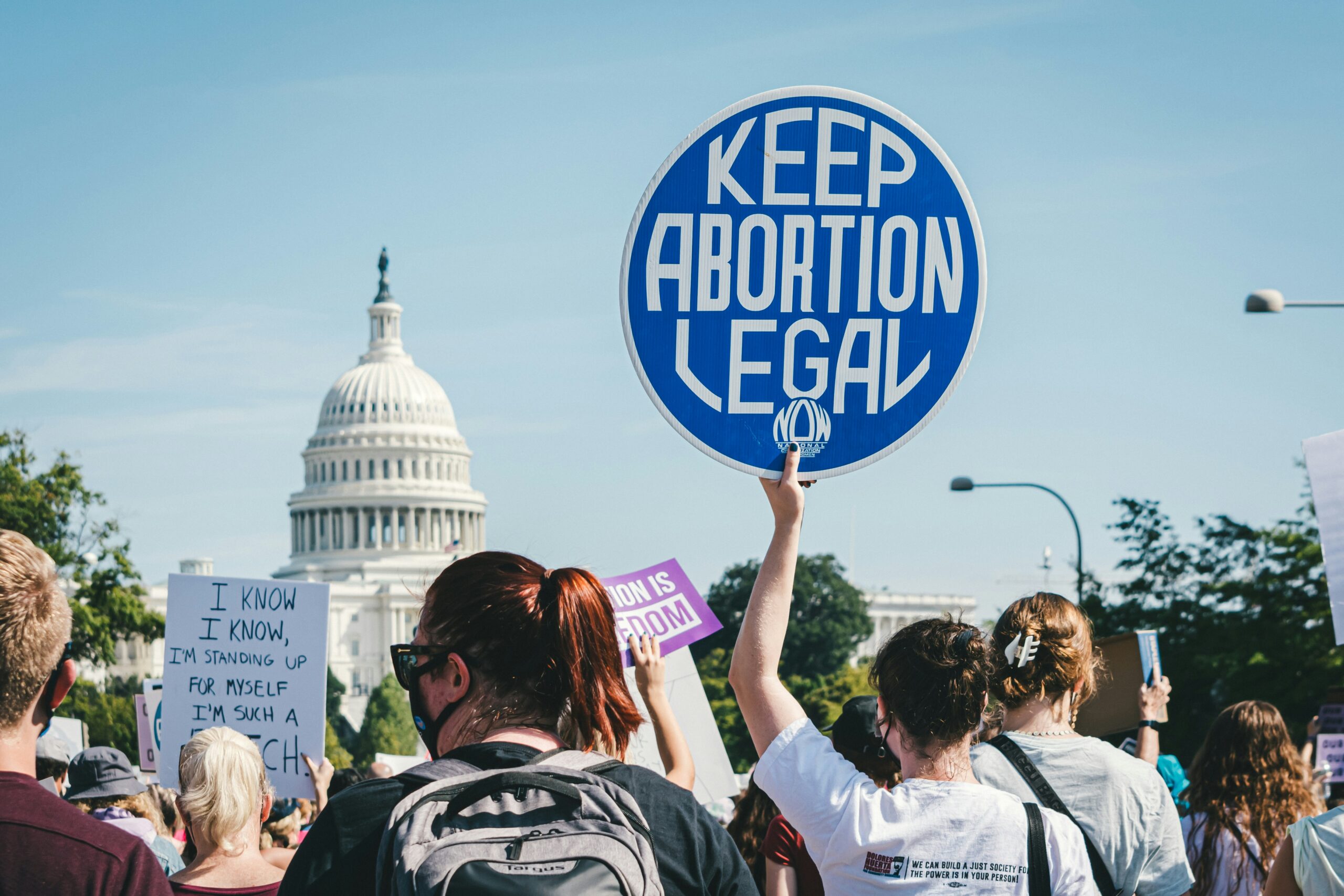Everyone loves someone who’s had an abortion. Worldwide, one in four pregnancies end in abortion. Yet stigma and judgement persist.
High levels of stigma around abortion are creating a culture of silence, meaning women who need safe services often lack essential information on where to access them. Stigma can stop women from speaking to their family or friends about their experience out of fear of being judged, leading to many women feeling isolated and alone throughout their experience and long thereafter. Stigma feeds silence, and silence feeds myths. Myths that misinform, mislead and further stigmatise. It’s a vicious and harmful circle that we need to break.
At MSI Reproductive Choices, we want to encourage more open and honest conversations about abortion. Every abortion experience is unique and sharing our stories means that women and girls feel informed, educated and supported when it comes to making choices about their own bodies. Sharing our stories is crucial if we want to break the wall of silence.
“The moment we start to share our stories is the moment society’s attitude starts to shift.”
Nop Sreynet
Cambodia
I am 27 years old and have three daughters. My oldest is eight years old, the second is four and the youngest is only one and a half. I had an abortion with MSI Cambodia last year after an unintended pregnancy.
I was in a position where I still had to take care of my youngest daughter who was still very young and breastfeeding, so I couldn’t have another baby. I discussed the decision with my husband and my grandmother, and they were both very supportive of my decision.
When I was younger, I knew nothing about abortion, or what to do if I became pregnant. I only learned more after coming to MSI. But discussion about abortion is becoming more acceptable in our society.
Women need to be able to speak openly about abortion without being criticised. People shouldn’t criticise those who have an abortion or generalise everyone who has an abortion as evil or inconsiderate. We don’t know about the situation or what each individual goes through. In my case, my life has gotten better after deciding to have the abortion, because I am less stressed about our financial situation.
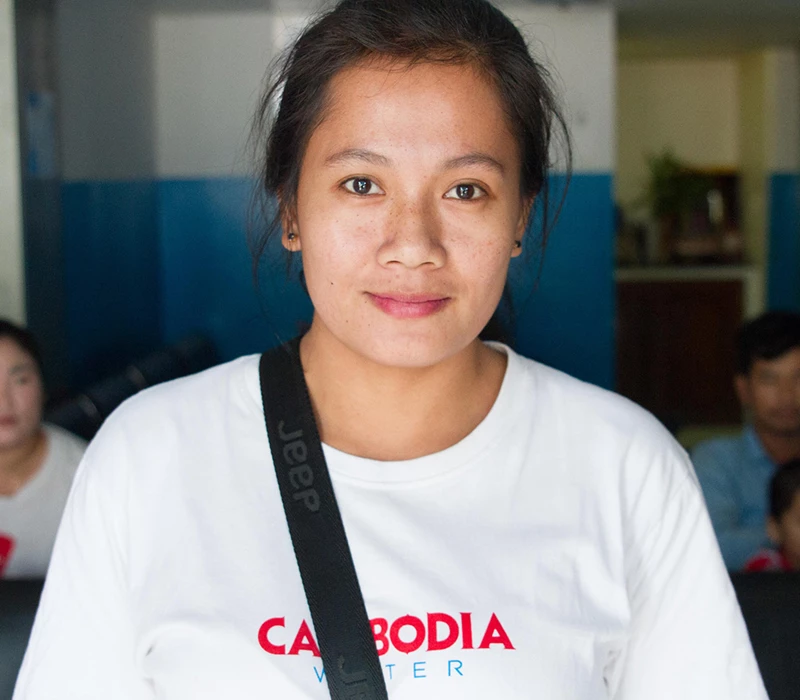
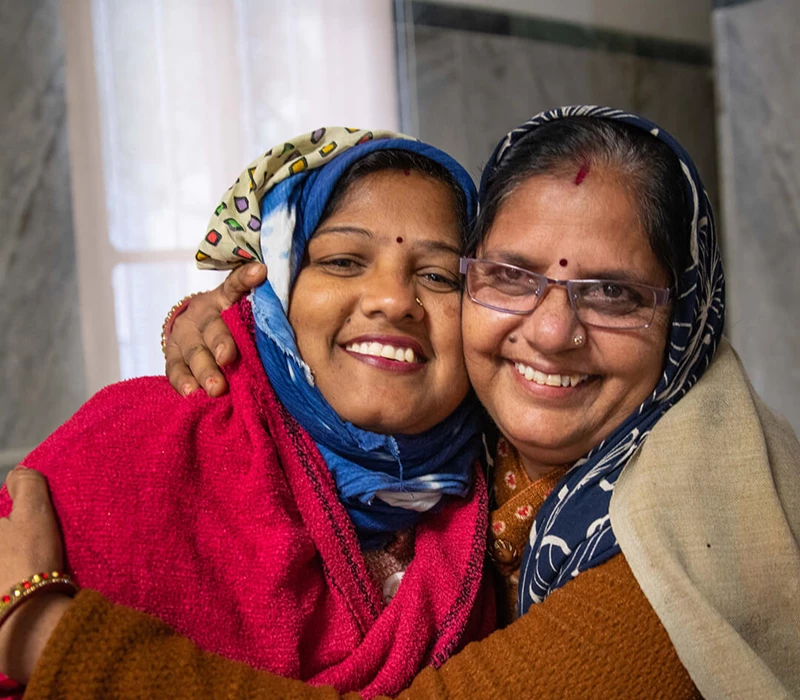
Client A*
India
I got pregnant, and it was unexpected – I had a few missed periods but dismissed it as irregular menstruation. After a few weeks my mother in law noticed and suspected I was pregnant, so she advised me to get tested at a dispensary.
At first when I found out I was pregnant, my first reaction was that I would have to keep the baby because I didn’t have a choice, but the Asha didi (community health worker) that came to my house told me I could get an abortion with MSI. My mother in law supported my decision and so did my husband. We just can’t afford another child.
I am not comfortable talking about abortion with my larger family, friends or community, but I am very close to my mother in law; she is like my mother. I wouldn’t have been able to do this without her support. She is the one who encouraged me in my decision.
*In India, providers are unable to record the names of any person accessing abortion care.
Amy
United Kingdom
I found out I was pregnant when I was at college – my contraception had failed. And I knew straight away that I wanted to have an abortion. I had big plans and children weren’t part of them.
Even though I was completely confident in my choice to have an abortion, I only told a few people at the time. Looking back, I did feel silenced, simply because it wasn’t something people spoke about.
As I grew older, I started to realise that I wasn’t ashamed of my abortion. Lately I’ve started to tell more people about it. It’s so important that people are able to talk openly about abortion. I know if I heard my friends, family or teachers talk more openly about abortion I would have felt less alone in my choice.
The moment we start to share our stories is the moment society’s attitude starts to shift. That’s why I feel as though I have a duty to share mine.
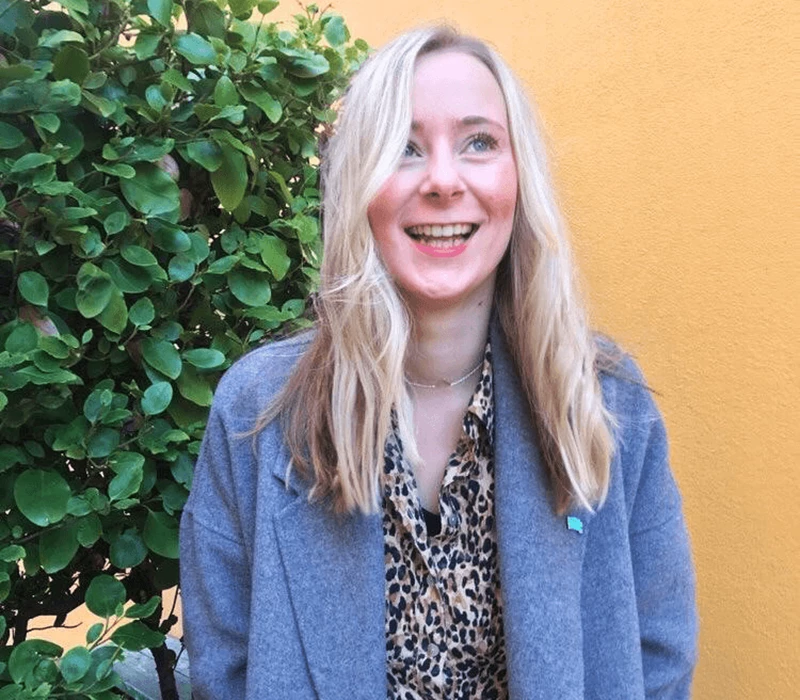
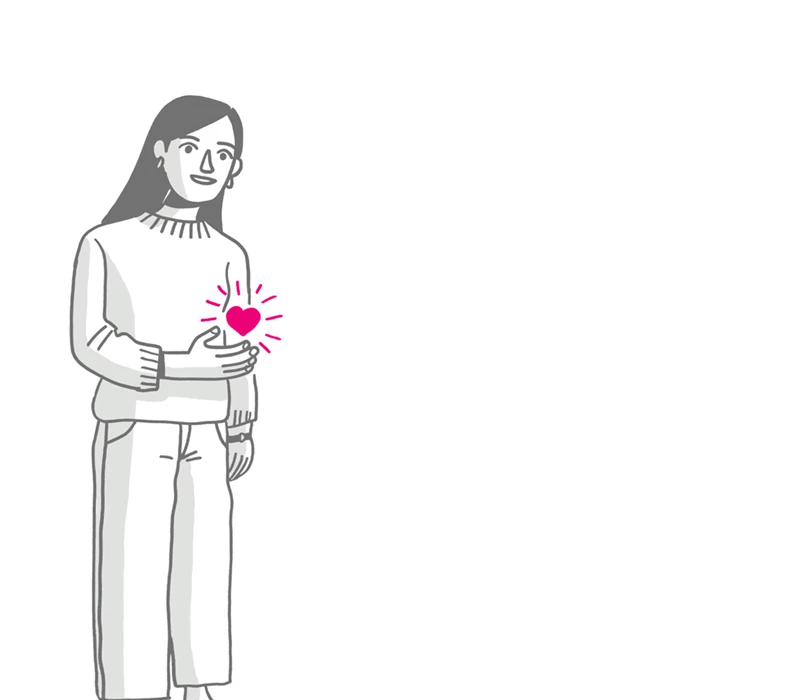
Anonymous
Mexico
I’m 30 years old and I’ve never wanted children.
Three months into living with my partner, who also doesn’t want children, we found out I was pregnant. It was very upsetting because we took precautions. We talked about it and decided to continue with our plans—that is, to terminate the pregnancy.
I wish all women could have this option and although it is not an easy decision, I am grateful to have found MSI.
At MSI, I was never judged, and the staff were extremely kind to me at all times.






